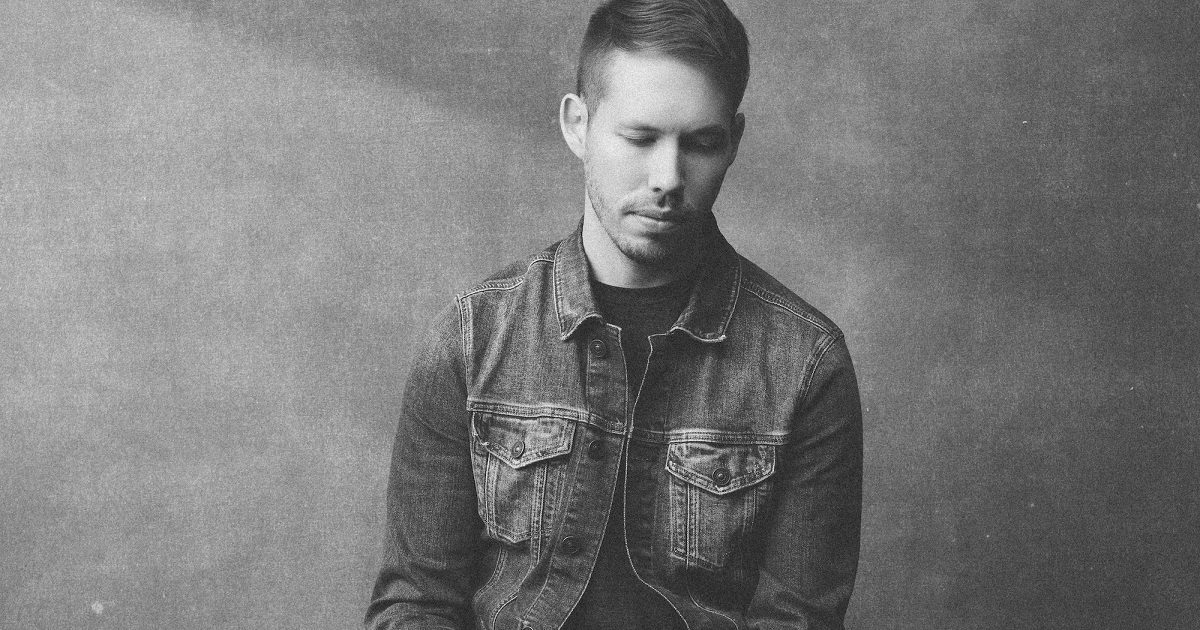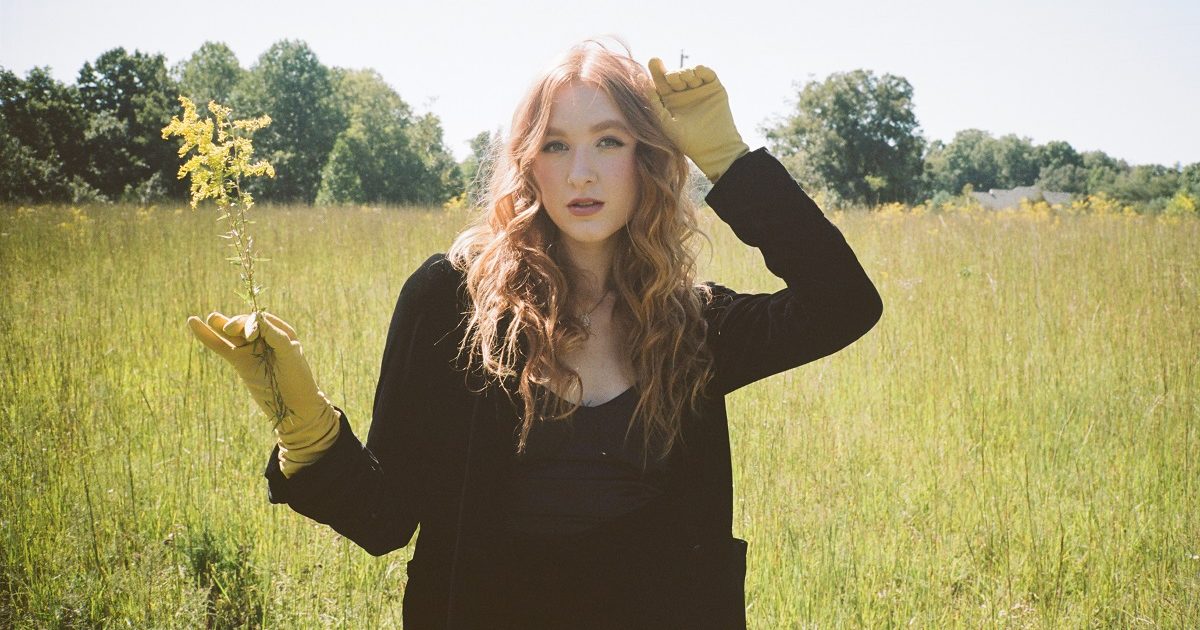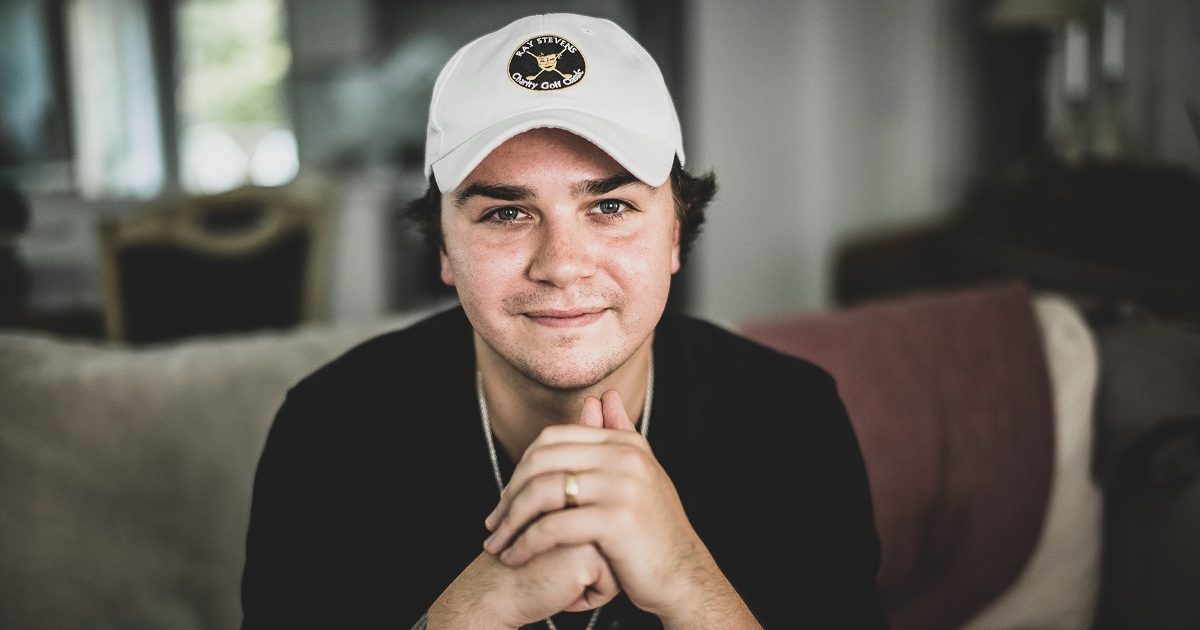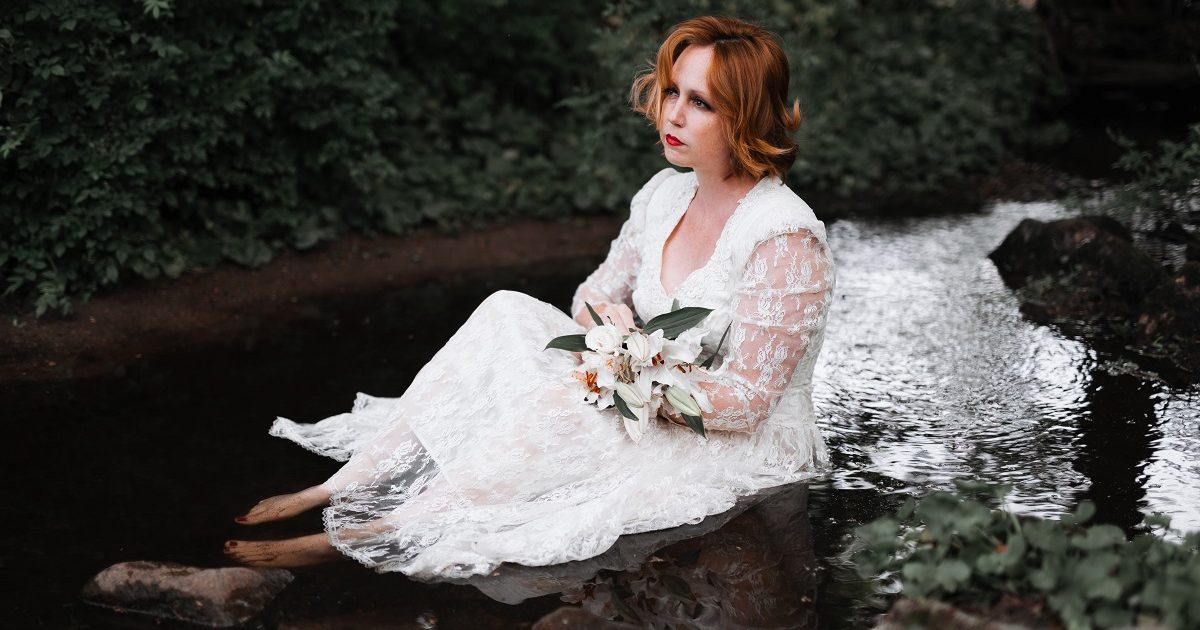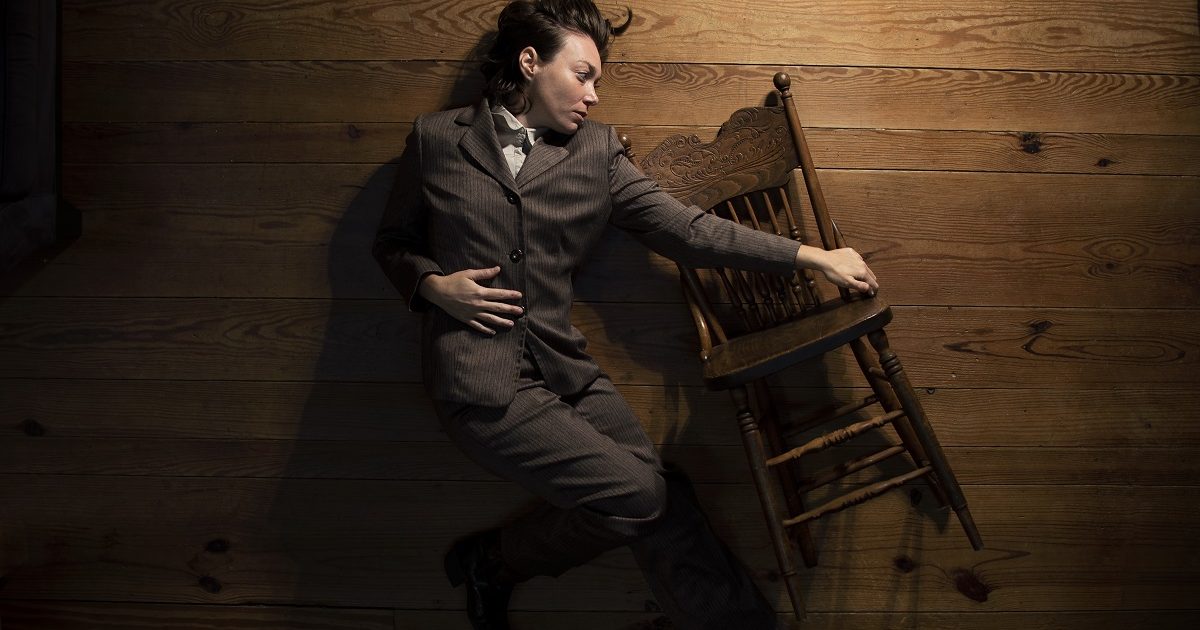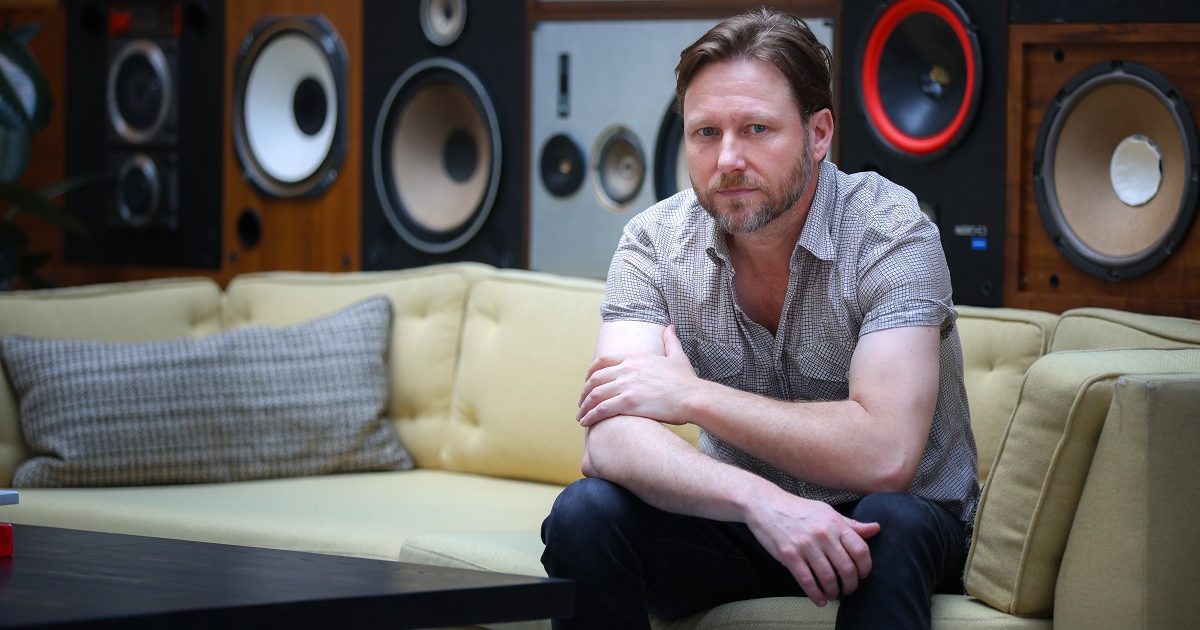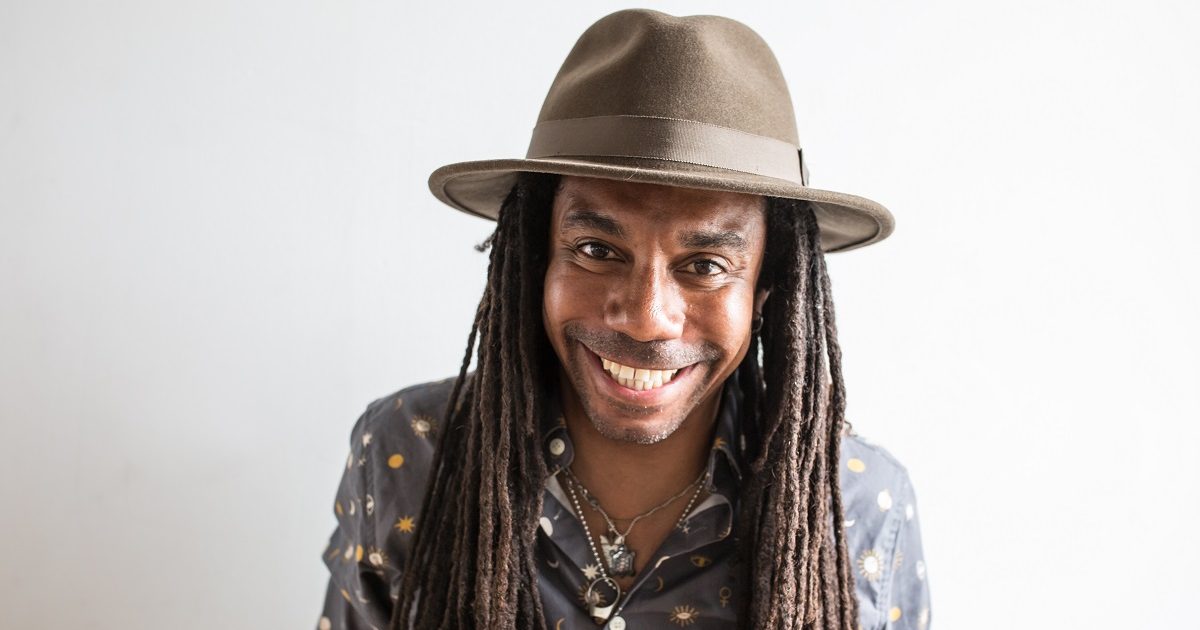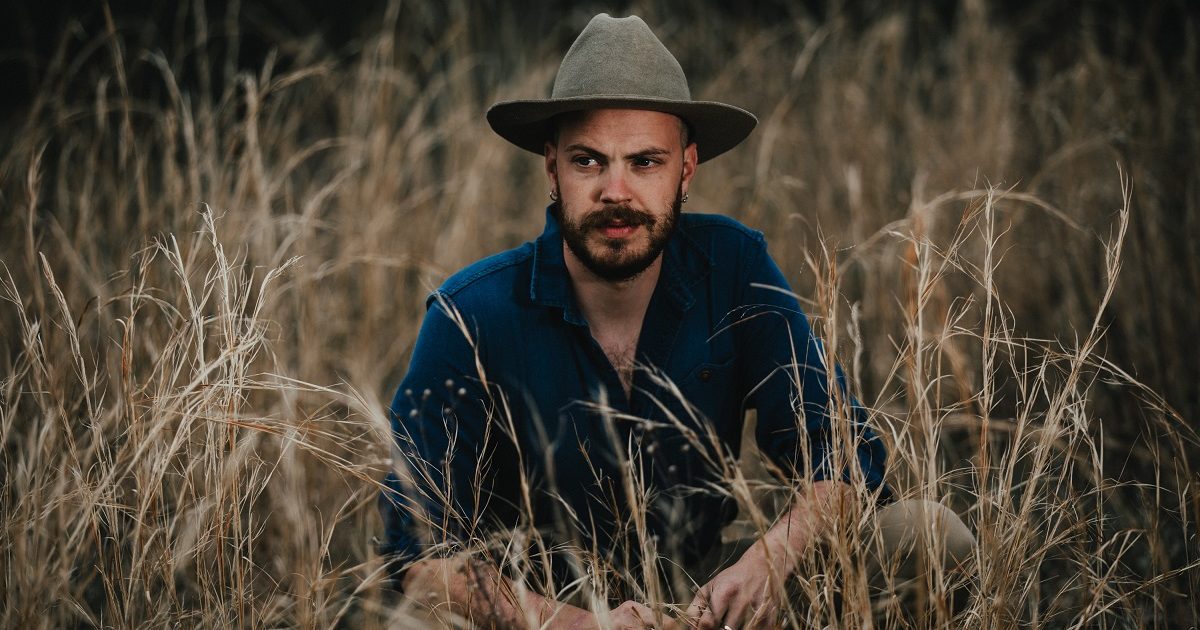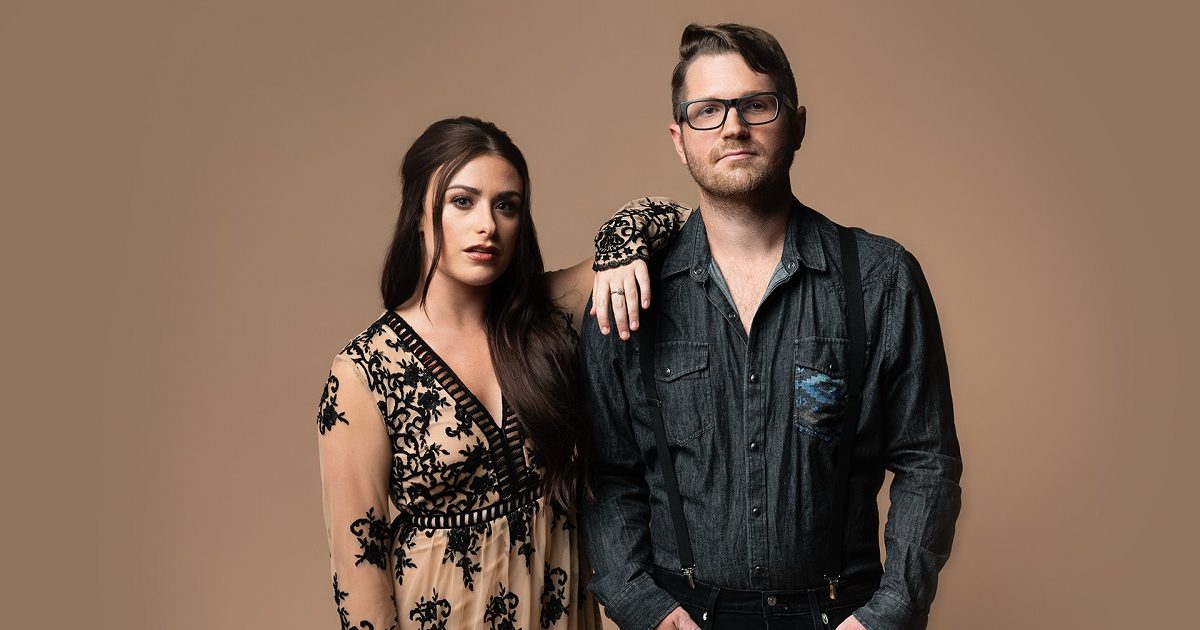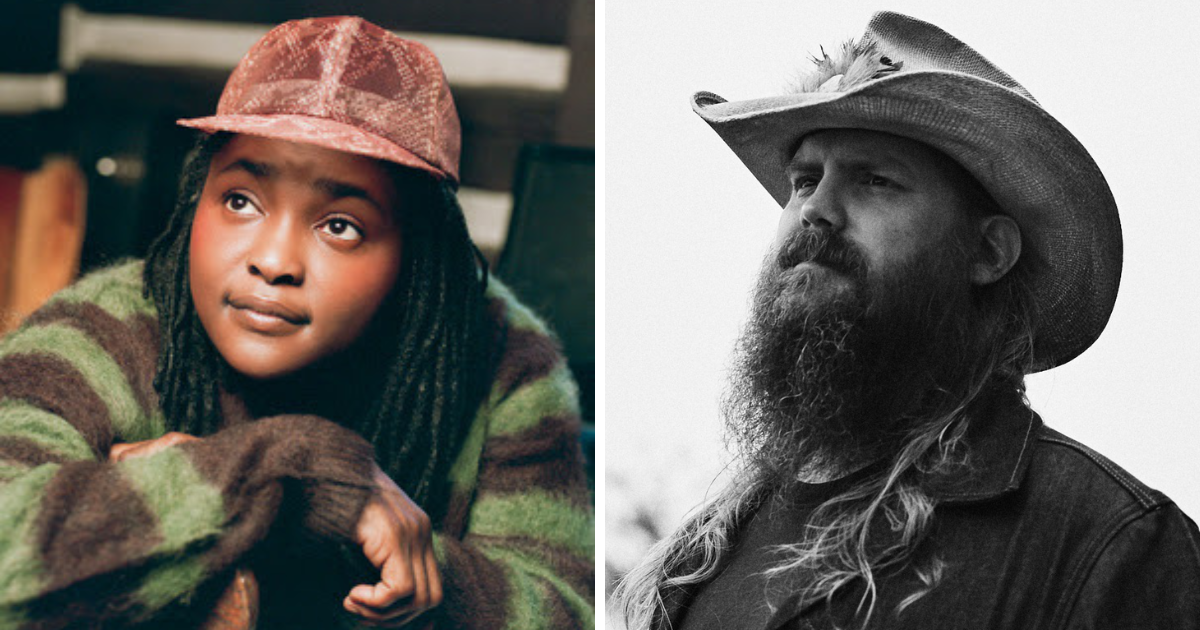Artist: Canyon City
Hometown: Fort Collins, Colorado
Song: “Telescope”
Album: Dear Earth, Love, Moon
Release Date: October 21, 2022
In Their Words: “‘Telescope’ is the final song and the ending statement on the Dear Earth, Love, Moon album, which is intended to reframe the story and turn the metaphorical lens back on our own life and home. The concept of the album — songs written to the Earth from the perspective of a personified Moon — plays with lots of imagery and metaphor relating to space; not just the place but also in terms of distance. That was part of what made this project such a catharsis for me, the idea that I could mentally step back and try to look at what it is to experience this life from the viewpoint of a distant place. ‘Telescope,’ however, is meant to wrap up the story by making things more personal.
“The idea is that in the same way we spend all this time and energy looking out — at other people, other places, at space, both metaphorically and literally — imagine looking at Earth, at our own lives and homes through the same distant external perspective; at all that makes us what we are, and life what it is, but that can’t possibly be seen from the telescope. It’s a counterpoint and resolution to the rest of the album that comes before it. The feeling that you could look at this place and this life, and analyze it from a distance, but never understand all that it is unless you’re here personally experiencing it. It’s basically a musical Overview Effect — that feeling people describe when they’re out in the distance of space and finally realize that the most precious and beautiful stuff is right here up close, and how important it is to honor and protect all that we share here on Earth.” — Paul Johnson, Canyon City
Photo Credit: Andrew Kelly
